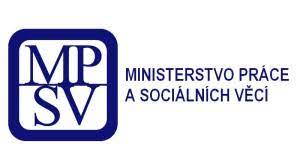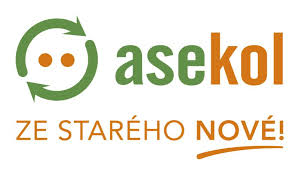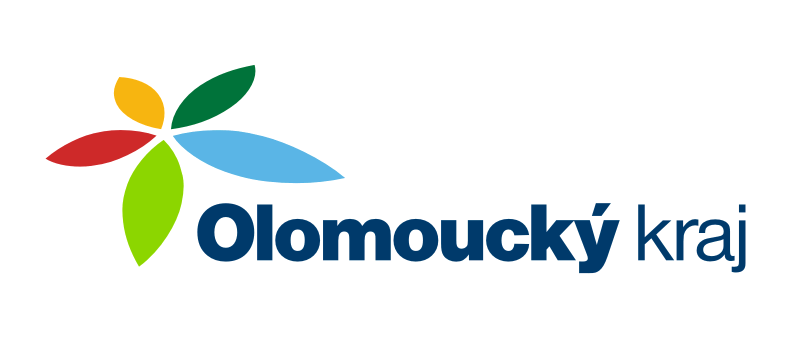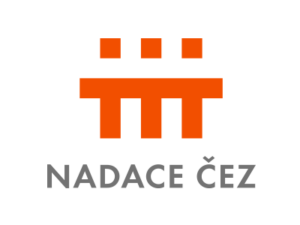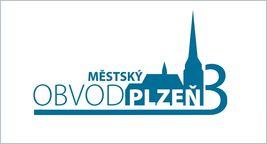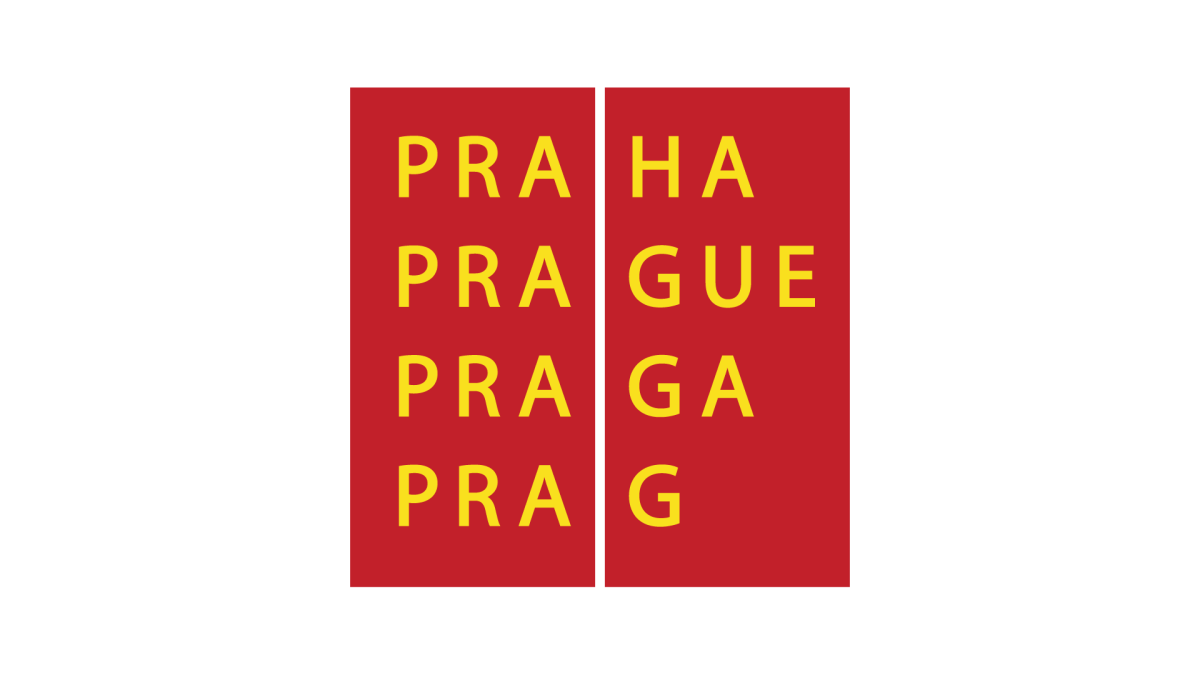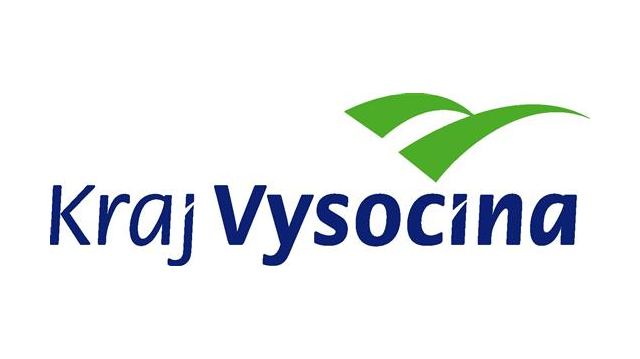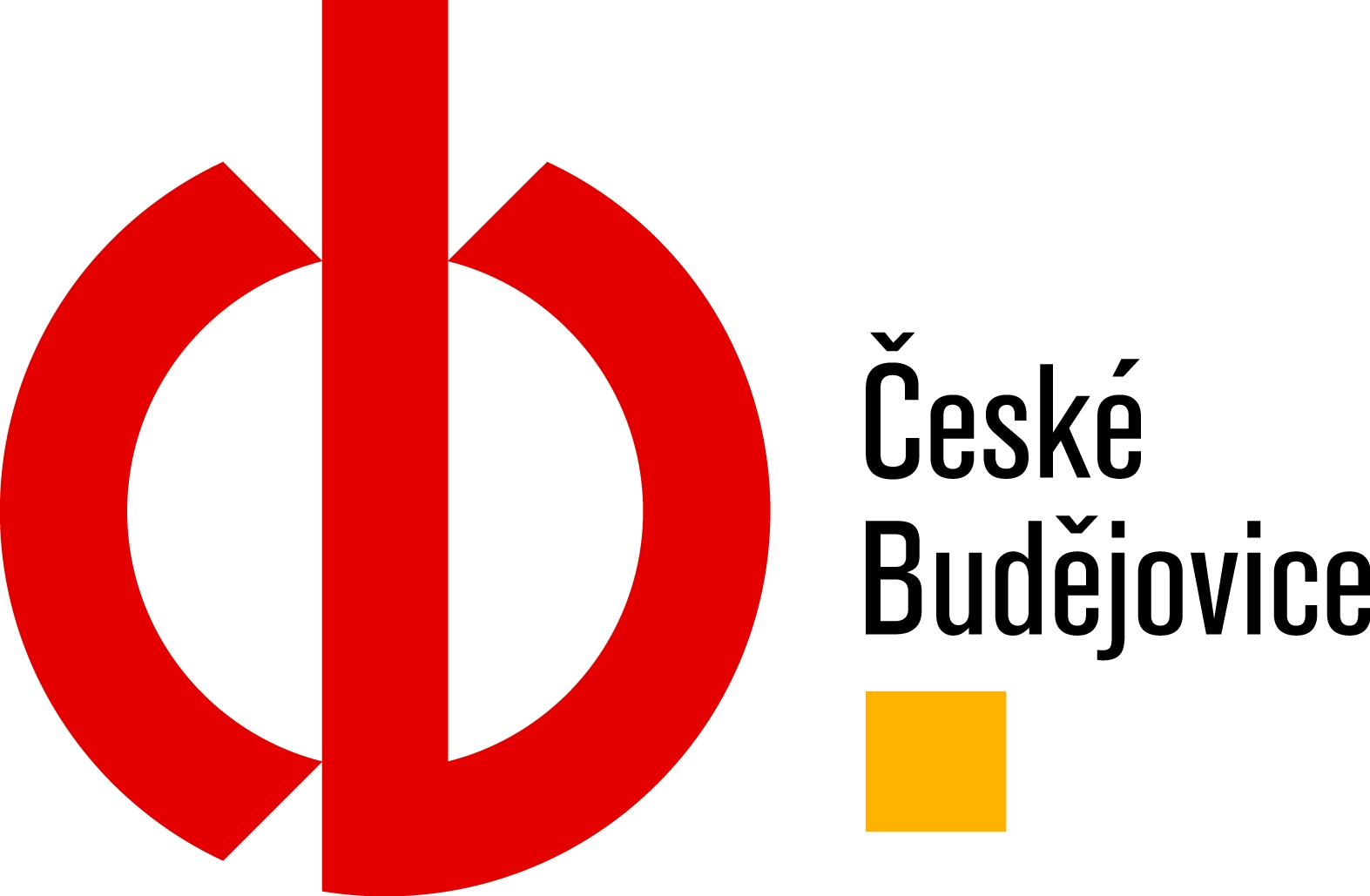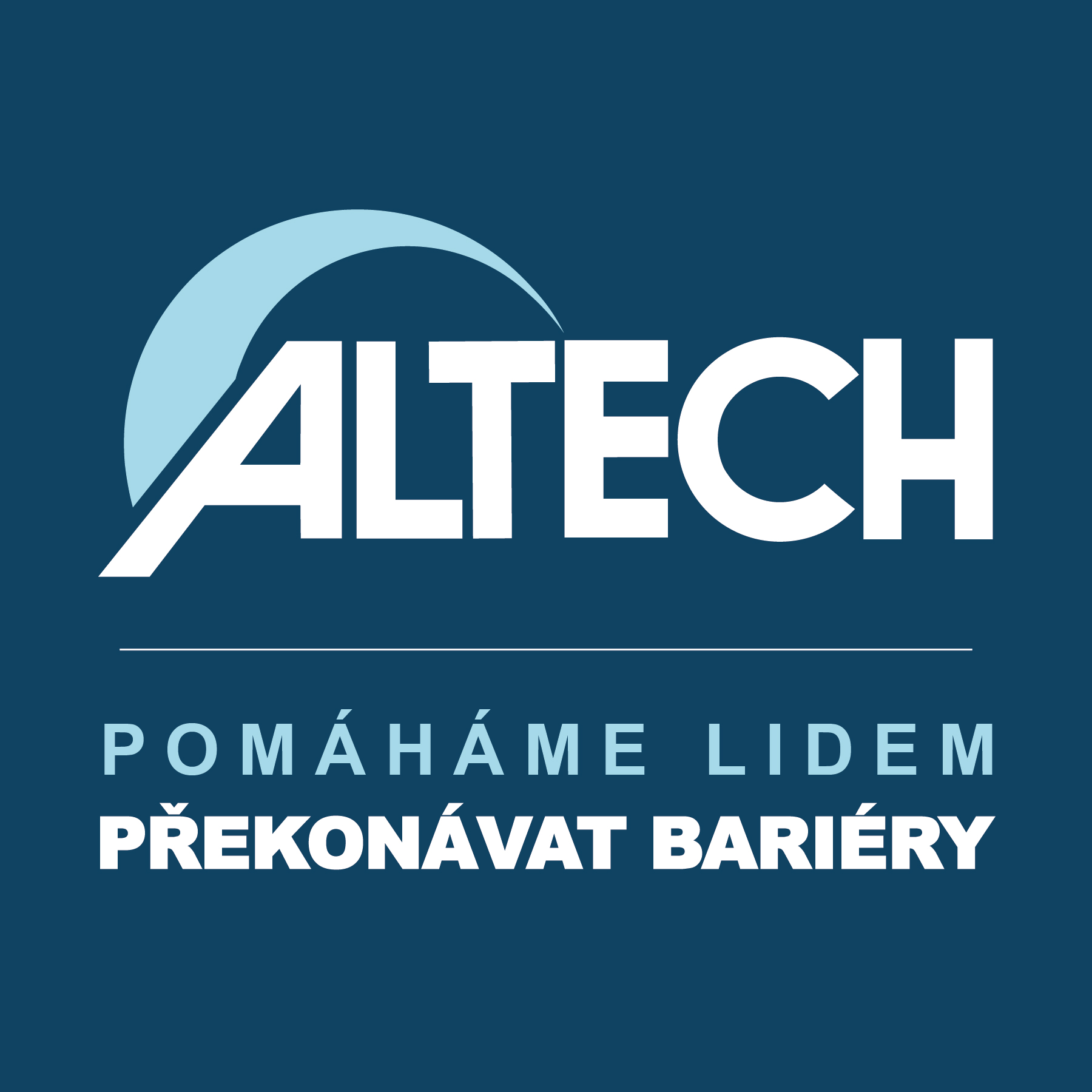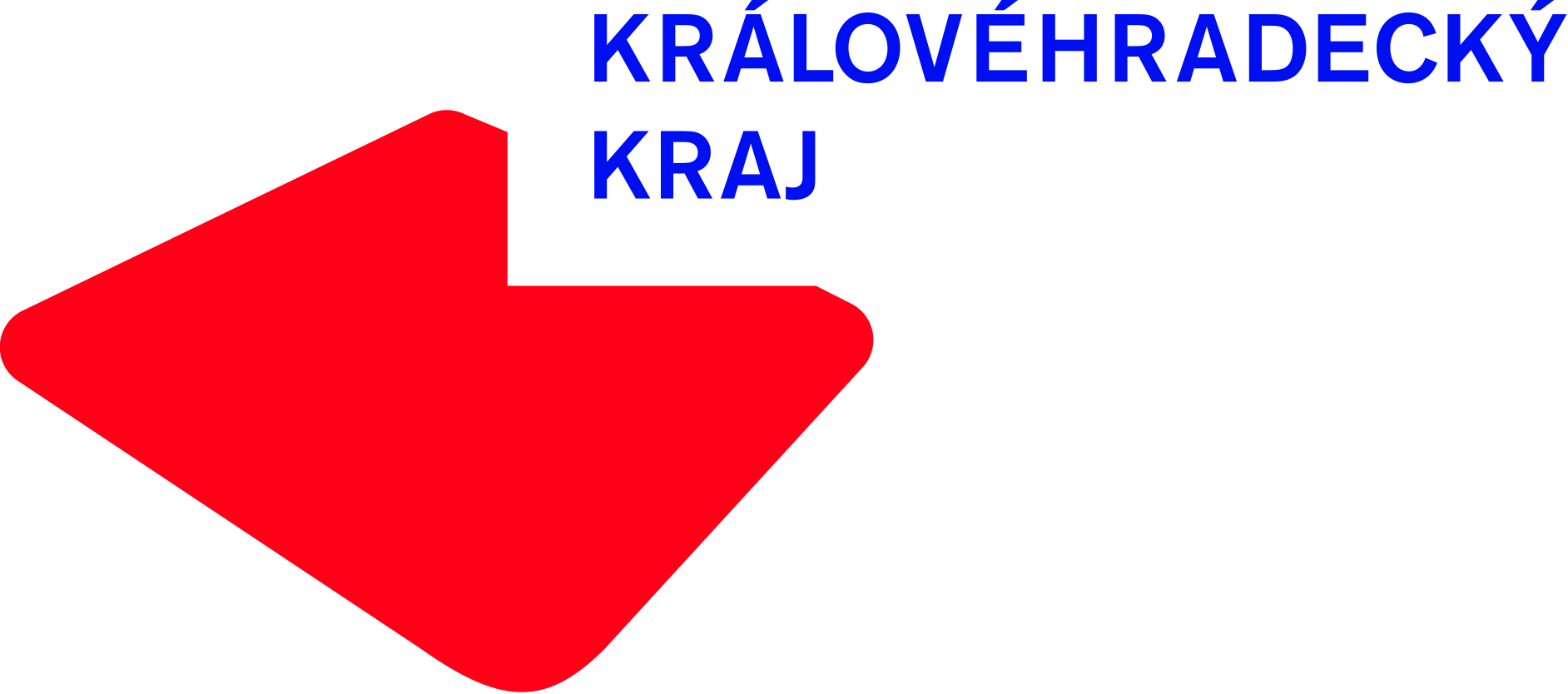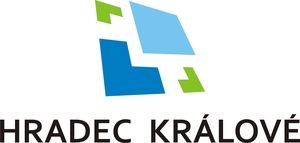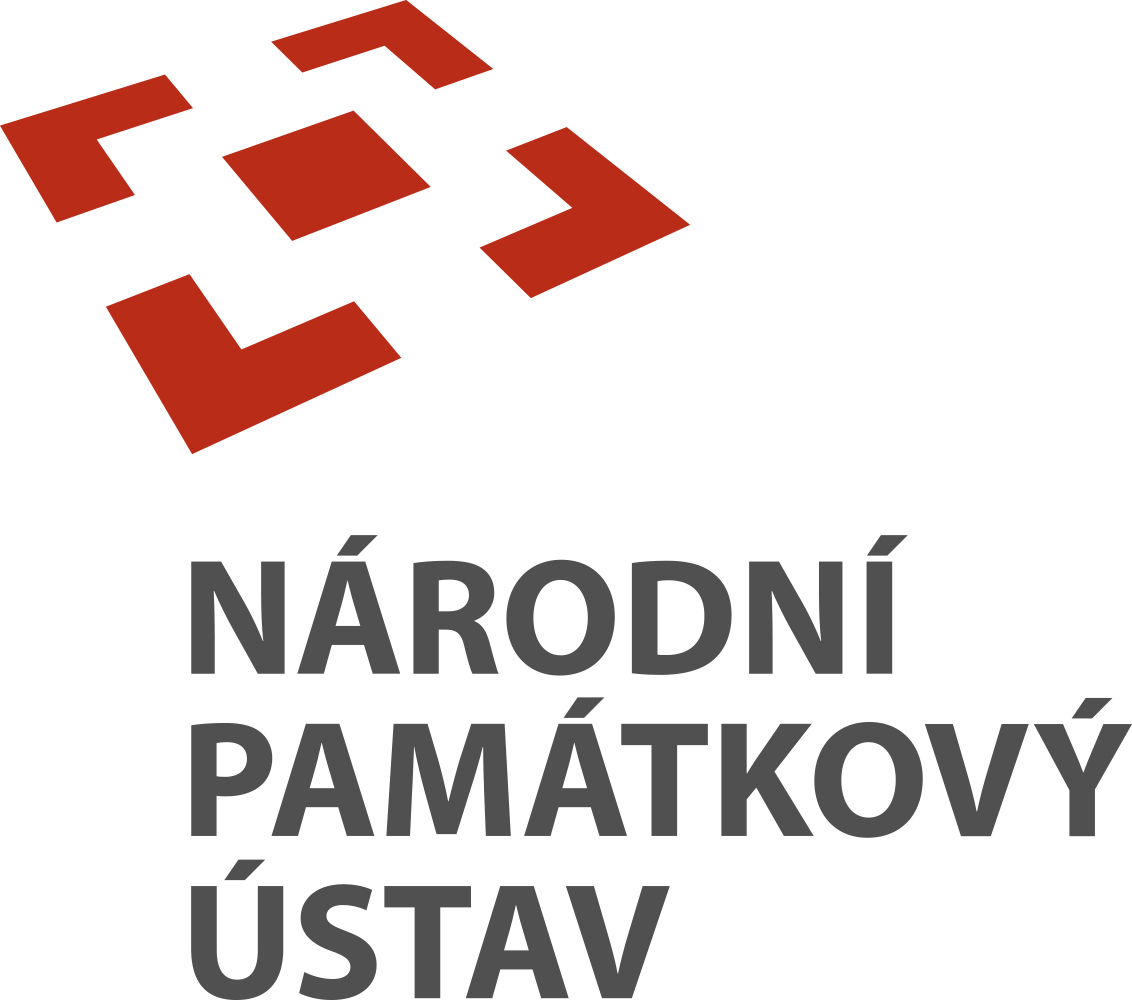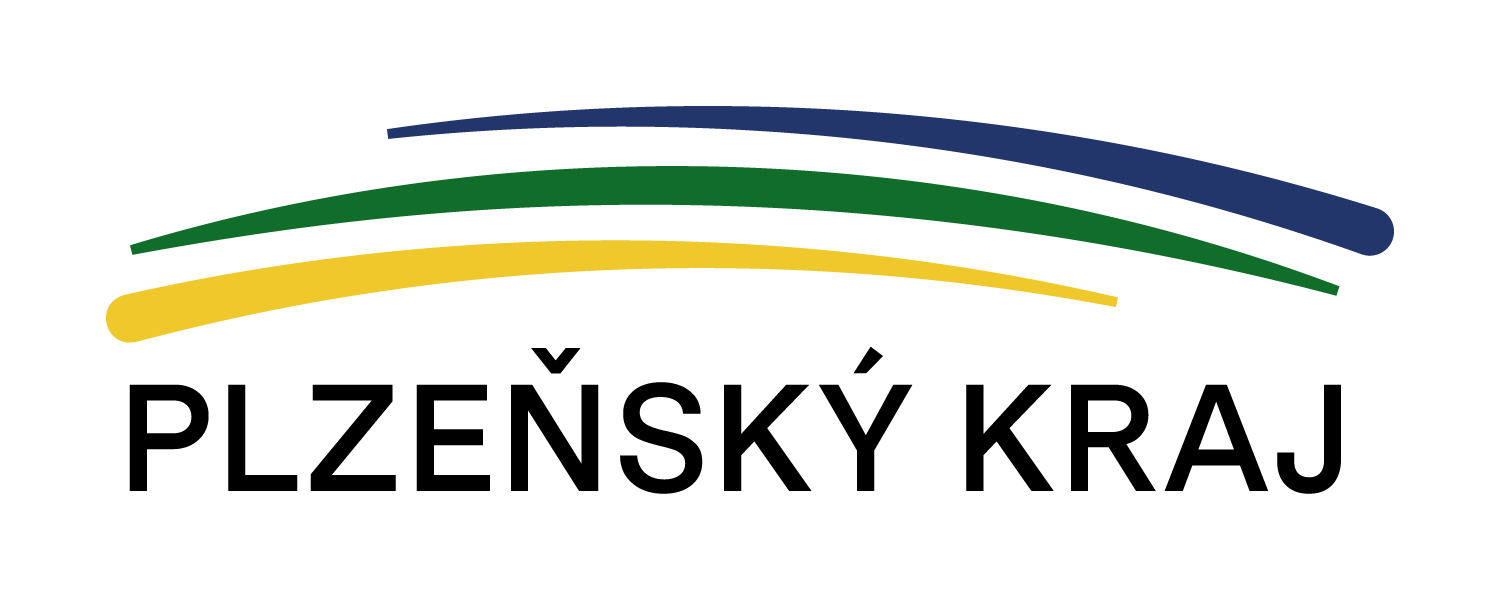CONSTITUTION OF THE CZECH NATIONAL DISABILITY COUNCIL
TITLE
§ 1
Title of the said citizen association shall be Czech National Disability Council (hereinafter referred to as “CNDC”).
LOCATION
§ 2
CNDC shall be located at Praha , Partyzánská 1/7, Czech Republic.
TERRITORIAL JURISDICTION
§ 3
CNDC shall operate in the Czech Republic.
TERMS OF REFERENCE
§ 4
The aim of the CNDC activities is to advocate, promote and satisfy interests & needs of the disabled, in co-operation with both national and local government in the Czech Republic as well as with international institutions.
§ 5
The CNDC shall in particular
a) put forward proposals to both national and local government in the area of legislative or other relevant measures for the advancement of persons with disabilities; assess draft measures related to living conditions of persons with disabilities, drawn up and submitted to the CNDC by other bodies or institutions;
b) participate, in compliance with the relevant legislation, in the development and execution of long-term policies related to the equalisation of opportunities for persons with disabilities;
c) ensure the co-operation with international disability organisations;
d) monitor and assess the implementation of legislative as well as other measures for the benefit of persons with disabilities that arise from international obligations and national standards; initiate measures to remedy identified deficiencies should the need arise;
e) conduct awareness-related and counselling activities and services to equal opportunities of the disabled in all spheres of social life;
f) issue periodical & non-periodic publications, organise conferences, seminars & other events, associated with equal opportunities of persons with disabilities.
THE CNDC MEMBERSHIP
§ 6
(1) Membership of the CNDC (hereinafter referred to as “Member Organisations”) shall be constituted by disability civic association. For the purposes of this Constitution, a disability civic association is defined as a citizen association in which persons with disabilities or their legal representatives constitute more than 50% of individual members.
§ 7
The CNDC shall enable all member organisations to be involved in addressing all disability-relevant issues in co-ordination with other member organisations. The CNDC membership shall, however, neither deny any member organisation the right of joining any other groupings at both national & international level, nor of acting independently within the framework of their respective constitutions.
§ 8
(1) The CNDC membership shall take effect on meeting the following membership criteria:
a) the approval of a membership evidence list of the organization by the National Board the evidence list shall be completed by the Statutes and statutory declaration of the organization endorsing that the said applicant’s individual membership is constituted by more than 50% of disabled persons or their legal representatives);
b) to pay membership fee stated by the National Assembly.
(2) A membership applicant can appeal against the refusal of its membership application to the National Assembly.
(3) The CNDC membership shall be terminated:
a) by the termination of operation of a member organisation,
b) by the delivery of a respective termination application,
c) by a failure in membership duty stated in §9 (2) a) and c)
d) or by a member expulsion carried out by the National Assembly due to default in membership obligations of the said member.
§ 9
(1) The rights of member organisations shall include
a) to be informed on CNDC activities and to participate in its work;
b) to propose candidates for election on the CNDC bodies;
c) to participate in the formulation & execution of policies for the benefit of a disability group they represent;
d) to submit activity-related proposals.
(2) The obligations of member organisations shall include
a) to send fully completed evidence membership form till March 31 each year at the latest;
b) to send the list of changes in evidence membership form till 30 days to the office;
c) to pay membership fees till September 30 each year at the latest.
THE CNDC ORGANS
§ 10
(1) The CNDC bodies are
a) National Assembly
b) National Board
c) National Officers
d) National Auditing Commission
e) Regional Disability Councils
f) Regional Boards
g) Local Disability Councils
(2) All officials shall be elected by secret ballot. The election rules are set in rules and election procedure of relevant bodies.
(3) Officials shall be elected for a four-year period. In the case of their withdrawal, new officials shall be elected to their positions till the end of the four-year period.
(4) In the case of the withdrawal of the official, his term of office ends in the day set in his written demission.
(5) If the official candidates during his term of office for the position in another body, which is inconsistent with the held position and he is elected to this position, the previous term of office would cease.
(6) Terms of office of all CNDC officials are completed in the day of the election of new officials during annual National Assembly.
NATIONAL ASSEMBLY
§ 11
(1) National Assembly shall be the supreme organ of the CNDC. Each member organisation shall be represented by one delegate holding one vote.
(2) Member organisations shall send as their delegates either statutory officers thereof or empowered representatives holding the appropriate written authorisation.
(3) National Assembly shall be convened at least once a year.
(4) National Assembly shall have a quorum provided at least one third of delegates of the total of member organisations of the CNDC are present.
§ 12
National Assembly shall in particular
a) define strategic targets of the Czech disability movement and ways of their accomplishment
b) lay down the negotiating strategy of the CNDC at international level, especially in international disability organisations
c) approve the Statutes and amendments thereof
d) set the membership fees
e) approve Activity Plan
f) approve the National Auditing Commission Report
g) approve the Financial Report
h) elect and relieve the chairperson, 2 vice chairpersons, ten members of the National Board, and members of the National Auditing Commission
i) recommend to the National Government the appointment of the CNDC Chairperson to the position of Deputy Chairperson of the Governmental Board for Persons with Disabilities.
j) recommend to the Chair of the national Government the appointment of the CNDC first vice chairman and three vice chairmen as members of the Governmental Board for Persons with Disabilities.
k) decide on the dissolution of CNDC and matters associated with the property left after liquidation.
§ 13
National Assembly shall be convened by registered letters from the Chairperson forwarded to official addresses of member organisations no later than 30 days prior to the date of the convention. Invitation letters shall contain principal background materials pertaining to the CNDC National Assembly agenda.
§ 14
On written request of at least one third of the CNDC members or of more than 50% of National Board members, chairperson shall convene an extraordinary session of National Assembly no later than 15 days from the delivery date of the said request. Should the chairperson not convene the National Assembly, the said Assembly shall be convened by the first vice chairperson.
§ 15
Proceedings of National Assembly sessions shall be governed by special Order of Proceedings.
§ 16
(1) Draft resolutions shall be decided upon by National Assembly voting.
(2) A resolution shall be passed provided it acquires more than 50% of the votes of delegates present.
(3) On a delegate’s motion, individual components of a draft resolution can be voted on separately. Unless, in separate votes, all components of the said draft are approved, the vote shall be taken on the adopted components as a whole.
(4) Should a draft resolution be complemented by proposals of amendments, the first vote shall be taken on the said amendments. Should an adopted amendment exclude further amendment motions, the said further amendments shall not be put to vote.
(5) Voting shall be carried out either by show of hands or by secret ballot.
(6) Secret ballot shall be taken whenever National Assembly resolves to do so without deliberations.
NATIONAL BOARD
§ 17
National Board shall
a) initiate and co-ordinate the execution of both aims and mission of the CNDC in the meantime between National Assemblies,
b) prepare contributions to the elaboration and realization of long-term concepts of equalization of opportunities for persons with disabilities,
c) approve CNDC organizational provisions,
d) approve the CNDC budget
e) discuss Activity Reports of National Board
f) approve the scope of data requested for evidence membership form
g) approve the CNDC membership
§ 18
(1) National Board shall consist of 28 members – the chairperson, the first vice chairperson, two vice chairmen elected by National Assembly, ten of National Board members elected by National Assembly, vice chairman elected by Regional Councils and 13 chairmen of Regional Councils.
(2) National Board members who become members of National Board due to his position as chairmen of Regional Councils can be fully subsidised by Regional Council vice chairmen.
§ 19
National Board shall convene at least 2x a year.
National Board shall have a quorum provided at least 50% of delegates of the total of its members present.
(1) National Board shall decide on draft resolutions by voting.
(2) ) A resolution shall be passed provided it acquires more than 50% of the votes of delegates present.
(3) Should a delegate submit a motion, individual components of a draft resolution can be voted on separately. Unless, in separate votes, all components of the said draft are approved, the vote shall be taken on the adopted components as a whole.
(4) Should a draft resolution be complemented by proposals of amendments, the first vote shall be taken on the said amendments. Should an adopted amendment exclude further amendment motions, the said further amendments shall not be put to vote.
(5) Voting shall be carried out either by show of hands or by secret ballot.
(6) Secret ballot shall be taken whenever National Assembly resolves to do so without deliberations.
(7) In serious cases, which cannot be postponed, CNDC chairperson can apply for the contribution of CNDC National Board in written format. This mean of NB expression can be used by the chairperson upon request of another Board member, if considered to be efficient. Documents, together with draft resolution in relevant issue shall be sent to all NB members by mail or e-mail. NB members shall send their contributions by mail or e-mail 10 days after documents were sent at the latest to the CNDC Secretariat address. To pass the resolution two thirds of all CNDC NB members shall approve it. After the deadline passes, CNDC secretariat shall inform NB members on results.
§ 20
Proceedings of National Board sessions shall be governed by special Order of Proceedings.
NATIONAL OFFICERS
§ 21
National officers shall in particular:
a) initiate the elaboration of long-term concepts of equalization of opportunities for persons with disabilities
b) prepare contributions to upcoming issues of living conditions of persons with disabilities and to present them in public.
§ 22
National Officers shall consist of
a) chairperson,
b) first vice chairperson,
c) deputy chairperson elected by chairmen of Regional Councils from their midst,
d) two deputy chairmen elected by members of National Assembly.
§ 23
Proceedings of National Officers’ sessions shall be governed by special Order of Proceedings.
NATIONAL AUDITING COMMISSION
§ 24
(1) National Auditing Commission shall perform running checks on the manipulation with the CNDC property, shall supervise the observance of the Statutes & internal regulations.
(2) The Commission shall submit its findings to the National Assembly.
§ 25
(1) National Auditing Commission shall consist of five members.
§ 26
(1) Members of National Auditing Commission shall be elected by delegates of the National Assembly from their midst by secret ballot. Those candidates obtaining the highest number of votes shall be elected members of the Commission.
(2) National Auditing Commission membership shall be incompatible with membership in any CNDC body.
§ 27
(1) National Auditing Commission shall elect chairperson and vice chairperson from their midst.
(2) National Auditing Commission meetings shall be chaired by its chairperson (and in his/her absence) by vice chairperson.
(3) Chairperson shall be entitled to participate in National Board meetings in consultative capacity.
(4) Passing a resolution of National Auditing Commission requires more than 50% of votes of all members thereof.
§ 28
National Auditing Commission shall meet in session at least 2x a year.
§ 29
Proceedings of National Auditing commission sessions shall be governed by special Order of Proceedings.
STATUTORY REPRESENTATIVES
§ 30
Chairperson a first vice chairperson shall be the CNDC statutory representatives, who act and sign documents in the name thereof .
1) Chairperson shall
a) act in the name of the CNDC in achieving its aims,
b) convene & chair National Assembly, National Board sessions and National Officers’ sessions.
2) first vice chairperson shall
a) deputise for chairperson during such periods in which he/she were not able to fully execute his functions.
3) Both statutory representatives are allowed to pass part of their competencies and responsibilities on other representatives of bodies and workers of CNDC office.
EXPERT WORKING COMMISSIONS
§ 31
Permanent or temporary working commissions work to solve expert tasks in the frame of CNDC (hereinafter ‘commissions’).
§ 32
Commissions on national level:
(1) Permanent commissions shall be established by CNDC NB.
(2) Following the current situation, CNDC chairperson can establish temporary working commissions to solve serious or short-termed tasks. These commissions shall be usually dissolved when the task has been solved.
(3) Members of commissions shall be nominated by CNDC member organizations, CNDC bodies and individuals to CNDC chairperson.
(4) Membership in commissions shall be established based on the appointment and shall expire upon revocation by CNDC chairperson.
(5) Commissions shall meet as needed or upon the request of the CNDC chairperson, at least 2x a year.
(6) Commission activities shall be managed by the Secretary appointed by CNDC chairperson.
(7) CNDC NB shall discuss its Activity Report at least 1x a year.
§ 33
Commissions on regional level
(1) According to current situation and needs, CNDC RB is allowed to establish working commission to solve serious tasks. These commissions shall be usually dissolved after fulfilling their tasks.
(2) Members of commissions shall be nominated by RDC member organizations, RDC bodies and individuals to RDC chairperson.
(3) Membership in commissions shall be established based on the appointment and expire upon revocation by RDC chairperson.
(4) Commissions shall meet as needed or upon the request of the RDC chairperson, at least 2x a year.
(5) Commission activities shall be managed by the Secretary appointed by RDC chairperson.
(6) RDC RB shall discuss its Activity Report at least 1x a year.
PROPERTY & ECONOMIC MATTERS
§ 34
(1) The CNDC property shall mainly come from membership fees, donations, subsidies, and own activities.
(2) Property manipulation shall be conducted in compliance with both generally binding legislation and internal regulations approved by the National Board.
REGIONAL DISABILITY COUNCILS
§ 35
(1) Each territorial region shall establish a respective Regional Disability Council (hereinafter referred to as “RDC”). Each region shall have only one RDC. Each RDC name shall consist of the official title of the region and the words “Regional Disability Council” (for instance, “Hradec Králové Regional Disability Council”).
(2) The aim of the RDC activities is to advocate, promote and satisfy interests & needs of persons with disabilities, in co-operation with both state & local authorities in the respective region.
(3) The RDC shall in particular
a) put forward proposals to both state & local authorities in the area of legislative or other relevant measures for the benefit of persons with disabilities; assess draft measures related to living conditions of persons with disabilities, drawn up by other bodies or institutions,
b) initiate the development and execution of long-term regional policies, related to the equalisation of opportunities for persons with disabilities,
c) monitor and assess the region-related implementation of legislative as well as other measures for the benefit of persons with disabilities; initiate measures to remedy identified deficiencies should the need arise,
d) conduct awareness-related and counselling activities and services to equal opportunities for persons with disabilities in all spheres of social life,
e) identify strategic goals of the disability movement in the region vicinity and means of their enforcement,
f) approve the activity plan and the activity report,
g) elect and revoke chairman, vice chairman and at least 3 members of Regional Board.
(4) The RDC member can be any CNDC member organization operating in the relevant region through its delegate representative. The membership in Regional Council shall be qualified by paying the membership fee, stated be National Assembly in the relevant year.
(5) Regional Council meets at least once a year. Having a quorum requests the presence of at least 1/3 of all member organizations.
(6) Regional Council is convened by its chairman by written registered letter 30days in advance at the latest, if Regional council would not decide in another way.
(7) If National Board asks in written letter, at least 1/3 of member organizations in Regional Assembly or more than 50% of Regional Council members, the chairman shall convene exceptional Regional Assembly to meet 15 days after the requested was received at the latest. The Regional Assembly can be convened by a vice chairman in the case of not have being done that by the chairman.
(8) Proceedings of Regional Council sessions shall be governed by special Order of Proceedings.
(9) Regional Council shall inform on its activities National Board at least 2x a year.
(10) Regional Council co-operates on achieving the objectives and realization of task with Centres for persons with disabilities.
REGIONAL BOARD
§ 36
Regional board shall
(1) initiate and co-ordinate the execution of both aims and mission of CNDC on the territory of its respective region in the meantime between Regional Assemblies,
(2) take positions on the issues related to living conditions of persons with disabilities in the region and make the said positions public,
(3) approve the RDC delegates to regional administration or other regional organizations.
(4) Regional Board consists of chairman, vice chairman and at least 3 other members of Regional Board elected by regional Assembly.
(5) Regional Assembly can elect in specific election 1-2 substitutes to Regional Board. The same rules apply to this election as to the election of members to Regional Board. In the case of the election of 2 substitutes, their position is determined by the number of votes.
(6) The substitute shall become a full member of Regional Council if some member of RC submits a written abdication or in the case of a death of a member of RC.
(7) Regional Council shall convene at least 4x a year.
(8) Proceedings of Regional Board sessions shall be governed by special Order of Proceedings.
REGIONAL AUDITOR
§ 37
(1) Regional Board of RDC appoints and revokes the auditor of RDC.
(2) Auditor shall perform running checks on the manipulation with the RDC property.
LOCAL DISABILITY COUNCIL
§ 38
(1) Local Disability Council can be established in municipalities with broaden competencies.
(2) The rules for establishment of LDC are determined by National Board.
FINAL PROVISIONS
§ 39
(1) The fundamental document to obtain information on member organizations shall be the ‘CNDC Evidence membership form’. If the member organization would not inform on changes in this form, CNDC uses the last received information. The evidence form changes are provided to CNDC as registered written letter by relevant member organizations.
(2) E-mails with electronic signature (Act 227/2000 Coll.) are considered to be equal to written registered letters for the scope of these Statutes.
(3) Member organizations can express, that they prefer to receive e-mails in evidence membership form. If they do not have electronic signature, they shall include their e-mail address in the evidence membership form, as a contact address for sending and receiving e-mails. When receiving such unsecured message, the addressee shall send the specific confirmation to the sender, which will then be confirmed by individual e-mail of the sender. Messages sent from another e-mail address, which is not included in the evidence form will not be considered authentic.
(4) Member organizations, which will agree with that in the evidence form, can be sent messages in electronic format in all cases.
§ 4
This Statutes are in force from December 2nd, 2006 by approval of CNDC National Assembly.
Signed by
Václav Krása, CNDC Chairman
Doc. PaedDr. Ján Jesenský, Ph.D., CNDC I. vice chairman

